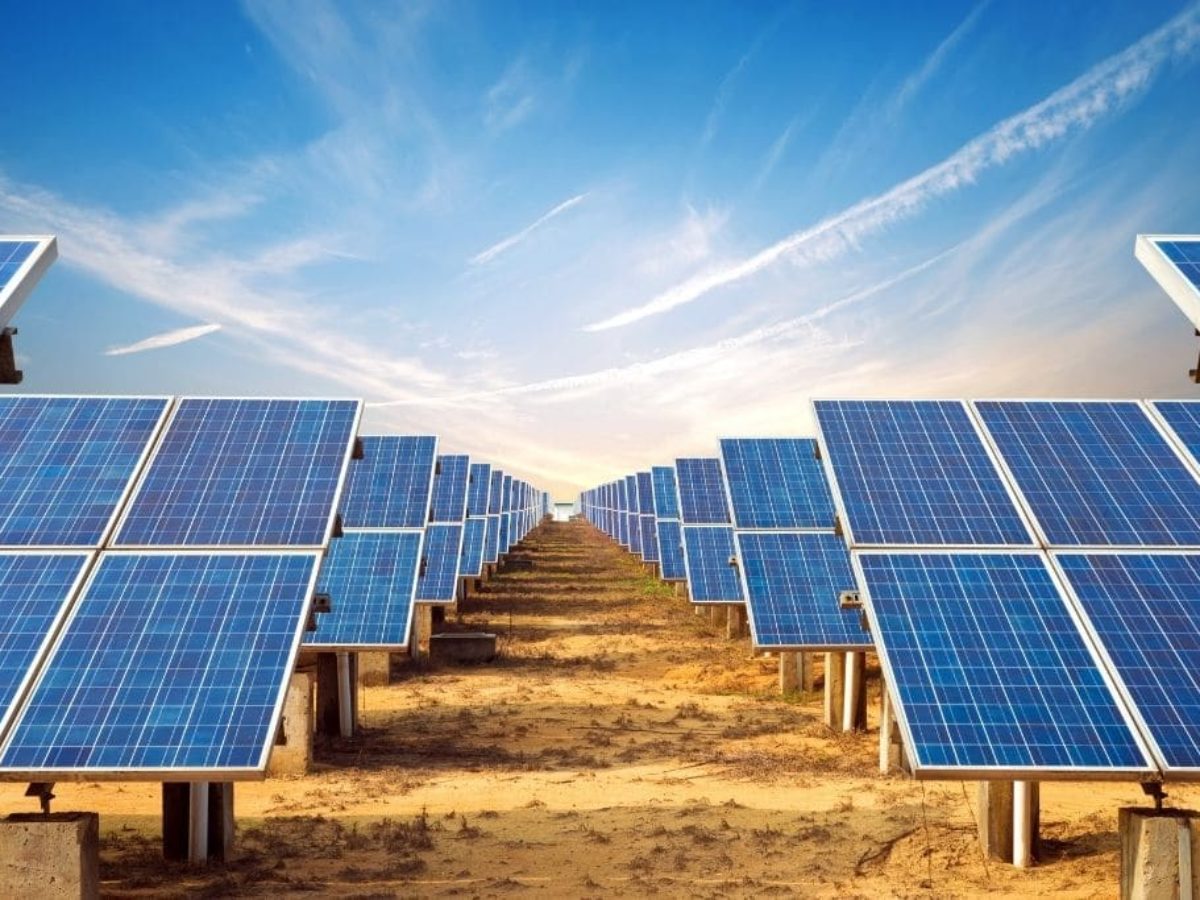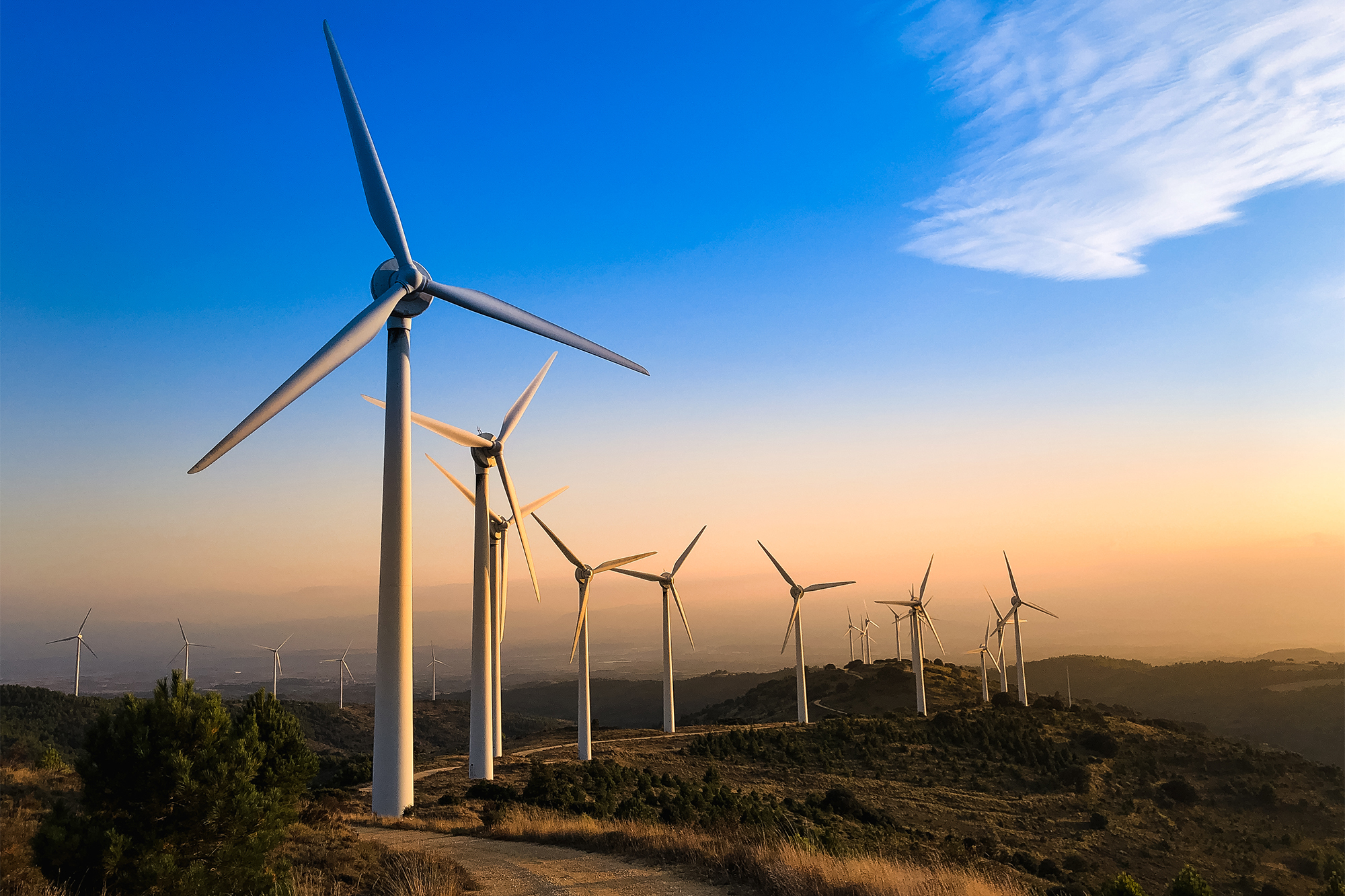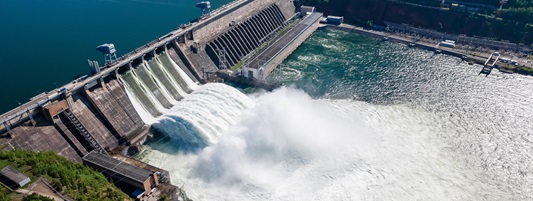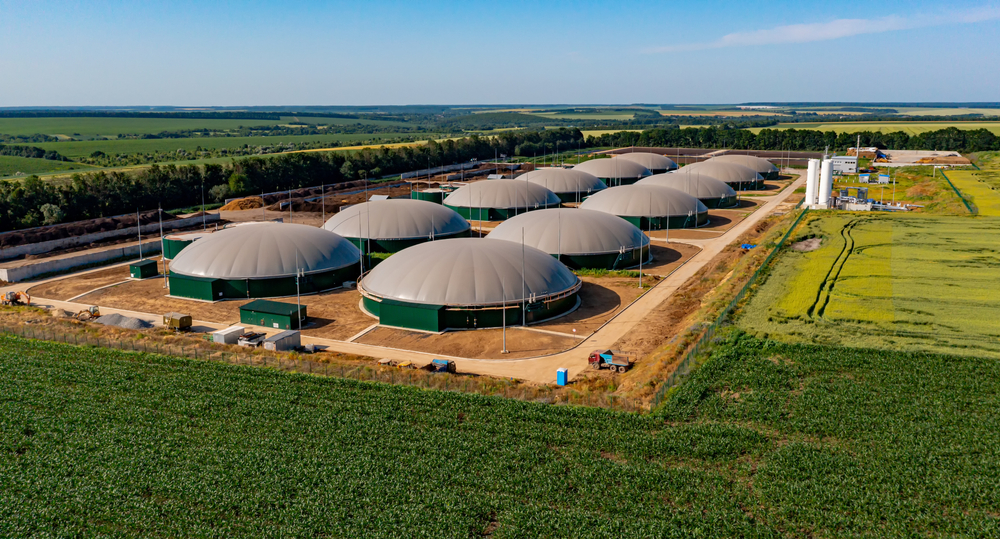What is renewable energy?
Renewable energy is energy that is derived from natural sources that are replenished on a human timescale. This means that renewable energy sources are sustainable and will not run out, unlike fossil fuels, which are non-renewable.
Some of the most common renewable energy sources include:
- Solar energy: Solar energy is the energy from the sun. It can be converted into electricity using solar panels, or it can be used to heat water or homes.

- Wind energy: Wind energy is the energy from the wind. It can be converted into electricity using wind turbines.

- Hydropower: Hydropower is the energy from moving water. It is generated by dams that harness the power of rivers to generate electricity.

- Geothermal energy: Geothermal energy is the heat from the Earth's interior. It can be used to generate electricity or to heat homes and businesses.

- Biomass energy: Biomass energy is the energy from organic matter. It can be used to generate electricity, heat homes, or power vehicles.

Benefits of renewable energy
There are many benefits to using renewable energy, including:
- Sustainability: Renewable energy sources are sustainable and will not run out, unlike fossil fuels. This is important for the long-term health of our planet.
- Reduced pollution: Renewable energy sources produce much less pollution than fossil fuels. This helps to improve air quality and reduce greenhouse gas emissions, which contribute to climate change.
- Creates jobs: The renewable energy industry is growing rapidly, and it is creating new jobs in manufacturing, installation, and operation.
- Improves energy security: Renewable energy sources are not subject to the same price fluctuations as fossil fuels, which can help to improve energy security.
Challenges of renewable energy
There are also some challenges to using renewable energy, including:
- Intermittency: Renewable energy sources, such as solar and wind, are intermittent, meaning that they do not produce electricity all the time. This can be a challenge for grid operators, who need to ensure a steady supply of electricity.
- Cost: Renewable energy technologies are still relatively expensive, compared to fossil fuels. However, the cost of renewable energy is declining rapidly, and it is expected to be cost-competitive with fossil fuels in the near future.
- Storage: Renewable energy sources, such as solar and wind, cannot be stored easily. This means that they need to be used as soon as they are generated. This can be a challenge for grid operators, who need to find ways to store renewable energy for use when it is not being generated.
Some aspects of renewable energy:
- Environmental impact: Renewable energy sources have a much lower environmental impact than fossil fuels. They produce much less air pollution and greenhouse gas emissions, which contribute to climate change. Renewable energy sources also do not produce waste products, such as ash and sulfur dioxide, which can pollute the environment.
- Social impact: The renewable energy industry is creating new jobs in manufacturing, installation, and operation. This is helping to boost the economy and create a more sustainable future. Renewable energy projects can also provide economic opportunities for communities in developing countries.
- Political impact: The use of renewable energy is becoming a major political issue. Governments around the world are investing in renewable energy technologies and setting targets for renewable energy use. This is helping to reduce dependence on fossil fuels and improve energy security.
- Technological challenges: There are still some technological challenges that need to be overcome in order to make renewable energy more widely available. These challenges include the need for more efficient and affordable renewable energy technologies, as well as the need for better ways to store renewable energy.
- Public acceptance: There is still some public resistance to renewable energy, particularly in developed countries. This is due to concerns about the cost of renewable energy, as well as concerns about the visual impact of renewable energy projects.
Despite these challenges, renewable energy is the future of our energy needs. It is clean, sustainable, and affordable. We need to continue to invest in renewable energy technologies and make them more widely available. This is the best way to ensure a clean, healthy planet for future generations.
The future of renewable energy
The future of renewable energy is bright. Renewable energy technologies are becoming more efficient and affordable, and the cost of fossil fuels is rising. This is driving a rapid increase in the use of renewable energy around the world.
The International Energy Agency (IEA) predicts that renewable energy will account for 40% of global electricity generation by 2040. This will help to reduce greenhouse gas emissions and improve air quality. It will also create new jobs and improve energy security.
Renewable energy is the future of our energy needs. It is clean, sustainable, and affordable. We need to continue to invest in renewable energy technologies and make them more widely available. This is the best way to ensure a clean, healthy planet for future generations.



























